There is a lot of talk about the hot onscreen chemistry between actors Kristin Bell and Adam Brody in the hit new Netflix series, Nobody Wants This. Based loosely on series creator Erin Foster’s own romance with husband Simon Tikhman, the irreverent romcom follows a sex podcasters’ whirlwind love affair with a rabbi.
Notably, the sensual first kiss between the couple on a Los Angeles sidewalk one evening two episodes in has tongues wagging. But this is not the first case of opposites attract on TV nor, arguably, the steamiest small-screen smooch.
The onscreen kiss has a long and storied history. Many viewers form strong connections with characters they enjoy and consider them friends – called parasocial relationships – more so when story lines lean towards love.
Seeing caresses on screen can trigger the same neurons that fire when we lock lips in real life, making certain scenes very memorable and oh-so-marketable. Here are some of the best and the ingredients that make them great.
From friends to lovers
What fan of Friends could forget the classic first kiss when Rachel watches an old prom video and finally realises the depth of Ross’ feelings for her? Or when Jim on The Office (US) confesses his unrequited love for Pam, leading to an impassioned embrace? Both are preceded by a long, slow burn that heightens anticipation.
Other kisses are more technically or narratively ambitious. Game of Thrones’ Jon Snow and Ygritte (real-life married couple Kit Harington and Rose Leslie) share a sizzling embrace in the geothermal springs of Grjótagjá, an Icelandic lava cave –although the actual location is only used in the establishing shots.
On New Girl, Jess and Nick share an unpredicted pash at the end of an episode called Cooler. Jess (Zooey Deschanel) has been left out of her male housemates’ night of carousing because Nick believes she ruins his chances of scoring. It turns out he has a willing kissing partner closer to home.
Challenging the script
Unexpected televisual trysts confront cultural scripts about romance. They can challenge viewer expectations about sex and relationships more generally. As such, some kisses have longstanding impact.
Take for example Star Trek’s interracial kiss between Kirk and Uhura in 1968, for which actor Nichelle Nichols recalled receiving an overwhelmingly positive reaction.
Dawson’s Creek characters Jake and Ethan were celebrated for being the first men to kiss on prime-time American television in 2000 (two women had already kissed on L.A. Law in 1991).
Australian television set the standard for gay men and women kissing in the 1970s and, more recently, Franky and Bridget found a lusty forbidden bond in the prison drama Wentworth.
Future connections
How we might connect in the future have also been a part of televisual treatments of intimacy.
In Black Mirror’s San Junipero the creators explore the possibility of elderly bodies inhabiting their younger sexual selves via simulated reality. And then there’s the time The Doctor saved Rose’s life by absorbing a power vortex in her body via his lips in The Parting of the Ways episode of Doctor Who.
Extreme close up
From the lighting and framing to the perfect music, there is a lot that goes into a kissing scene. All this can add up to a moment that prompts audiences to think about highlights from their own kissing histories – or their desired futures.
Typically screen kisses last longer than in real life, and research suggests some audience expectations of their own sex lives are unrealistically influenced by what they see on TV. In other words, if you’re expecting the same intensity or duration as Joanne and Noah on Nobody Wants This on your next first date, you should probably modify your expectations.
Today, filming kisses can be challenging and consent is an important part of the production process both onscreen and off. The role of an intimacy coordinator behind the scenes is still relatively new (and we don’t know if this Netflix production had one). But it’s clear when watching the hyped Nobody Wants This scene that both characters are willing kissers.
There apparently wasn’t much detailed planning involved, other than an objective to capture the “best kiss ever”. Their job well done adds to a pantheon of pashes that will be remembered (and replayed) fondly.
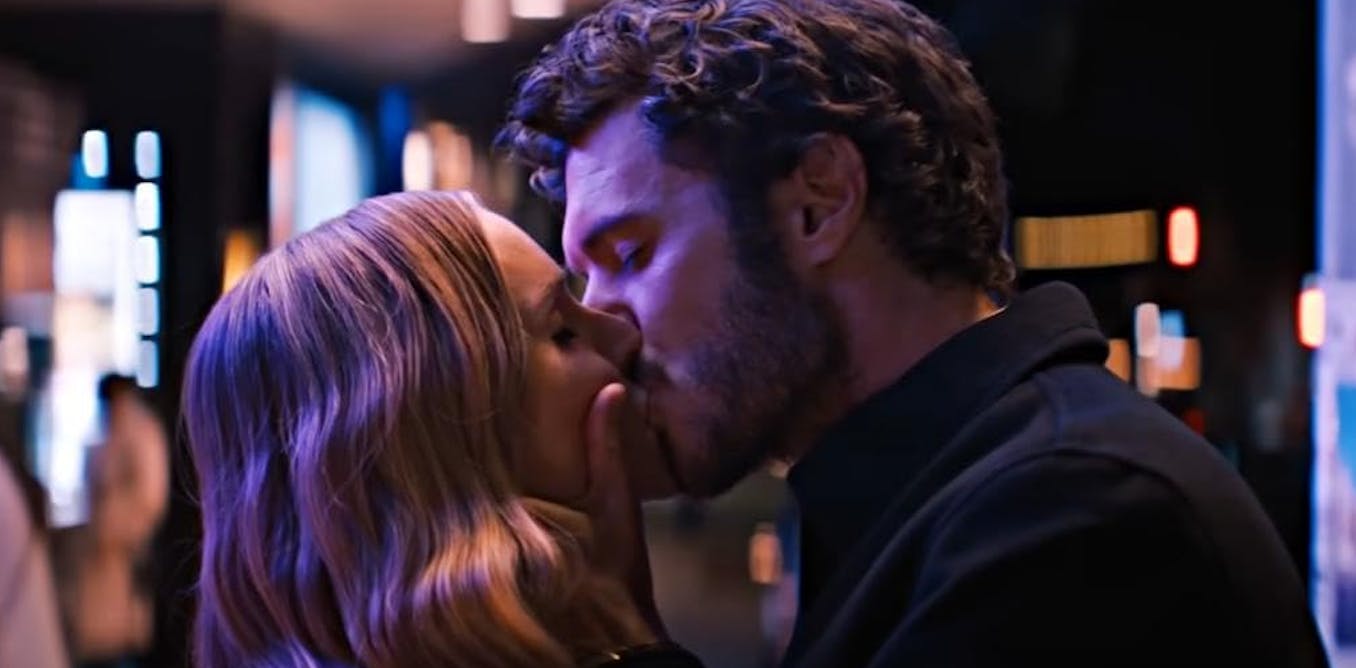
The post “Everybody wants this – what makes a great TV kiss?” by Phoebe Hart, Associate Professor, Film Screen & Animation, Queensland University of Technology was published on 10/09/2024 by theconversation.com



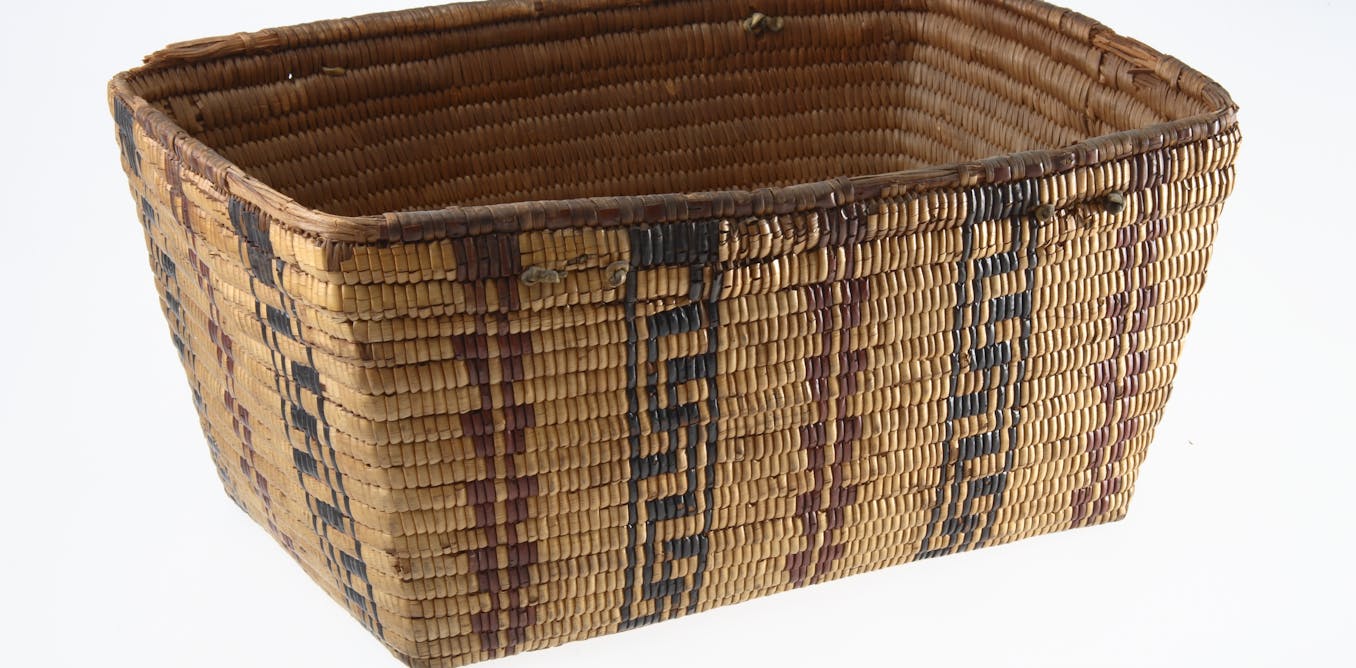

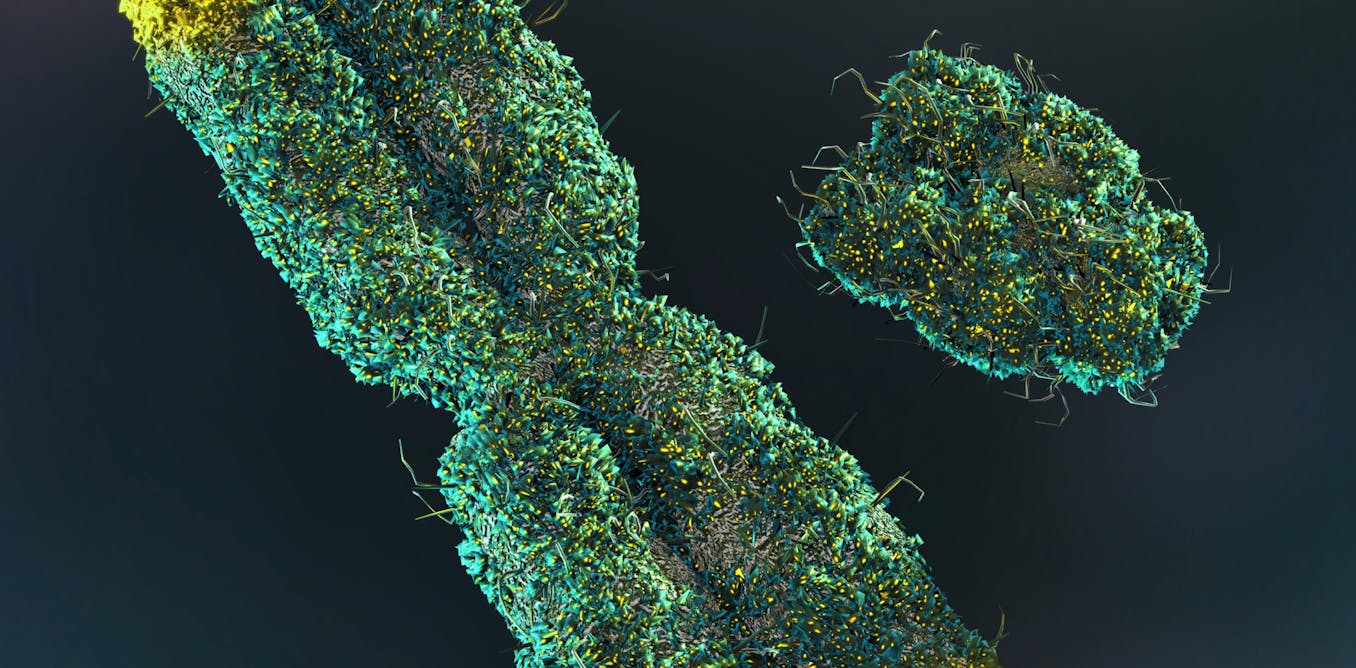
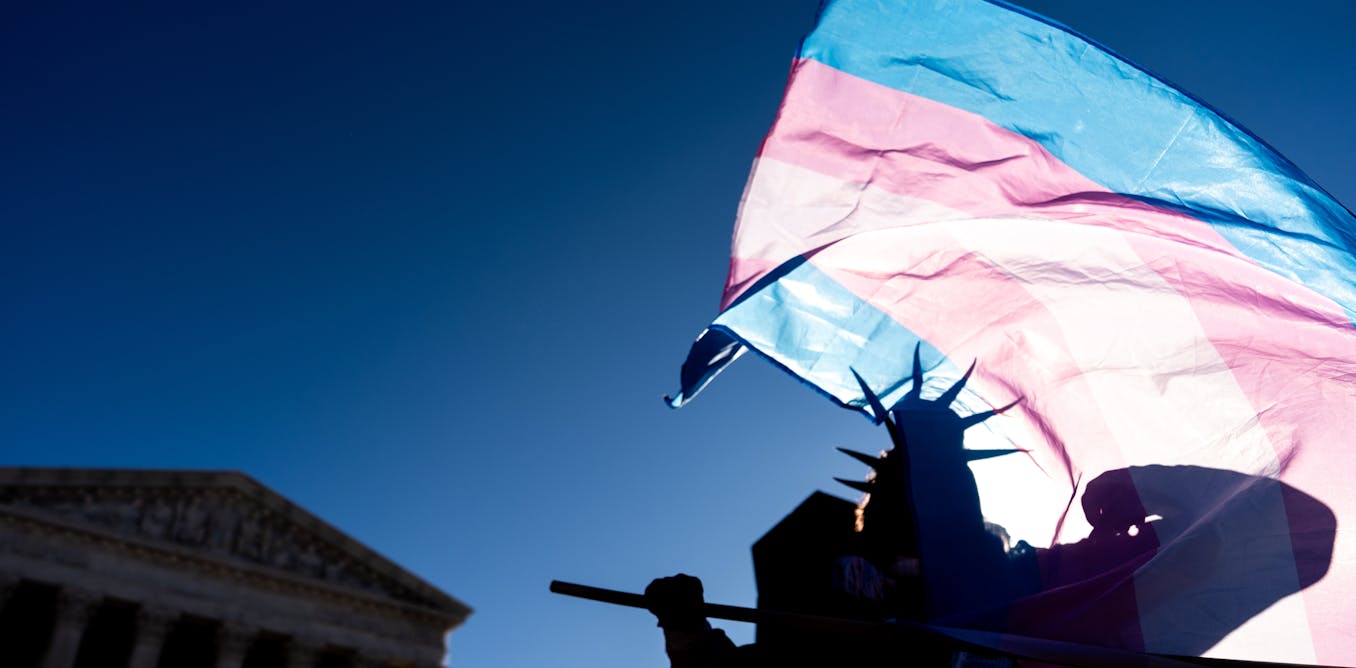
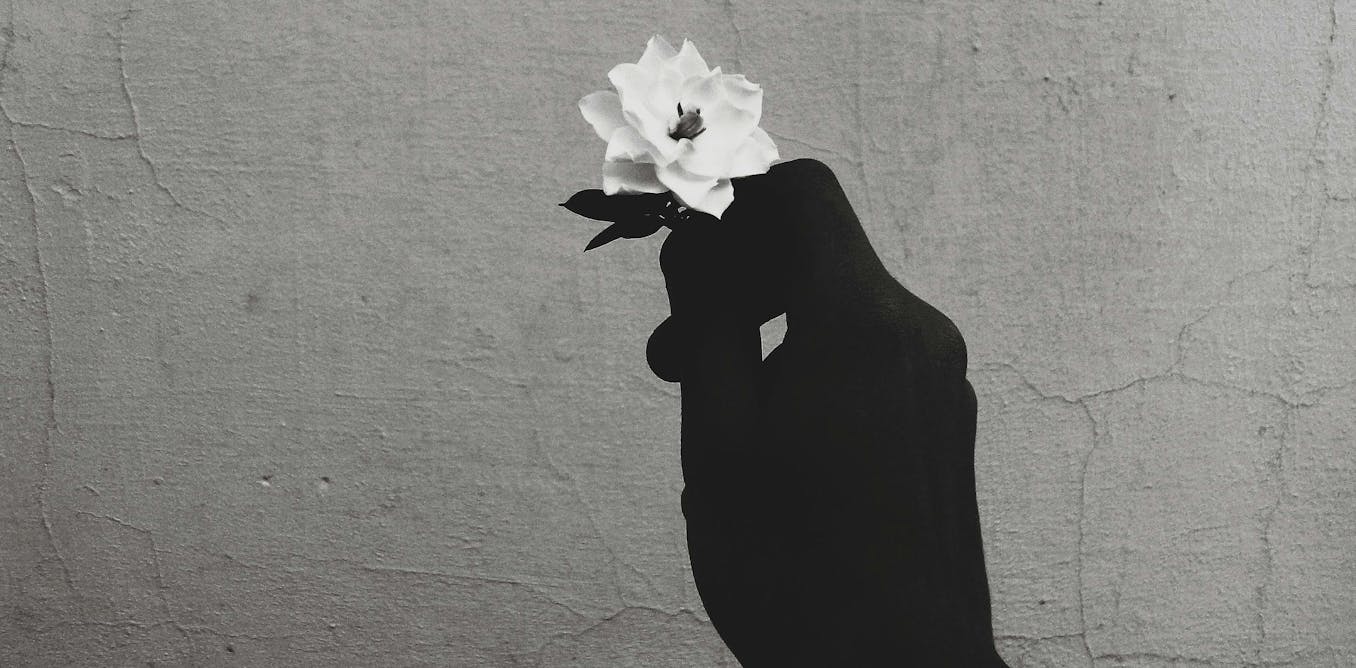
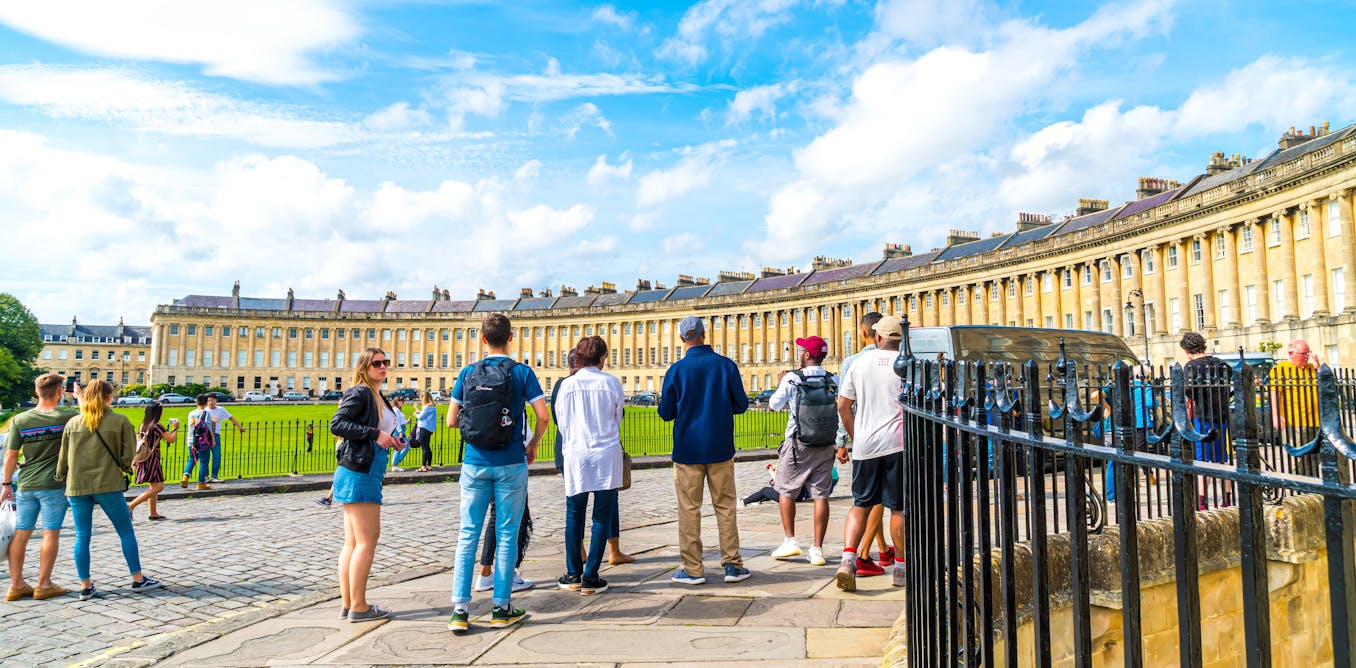
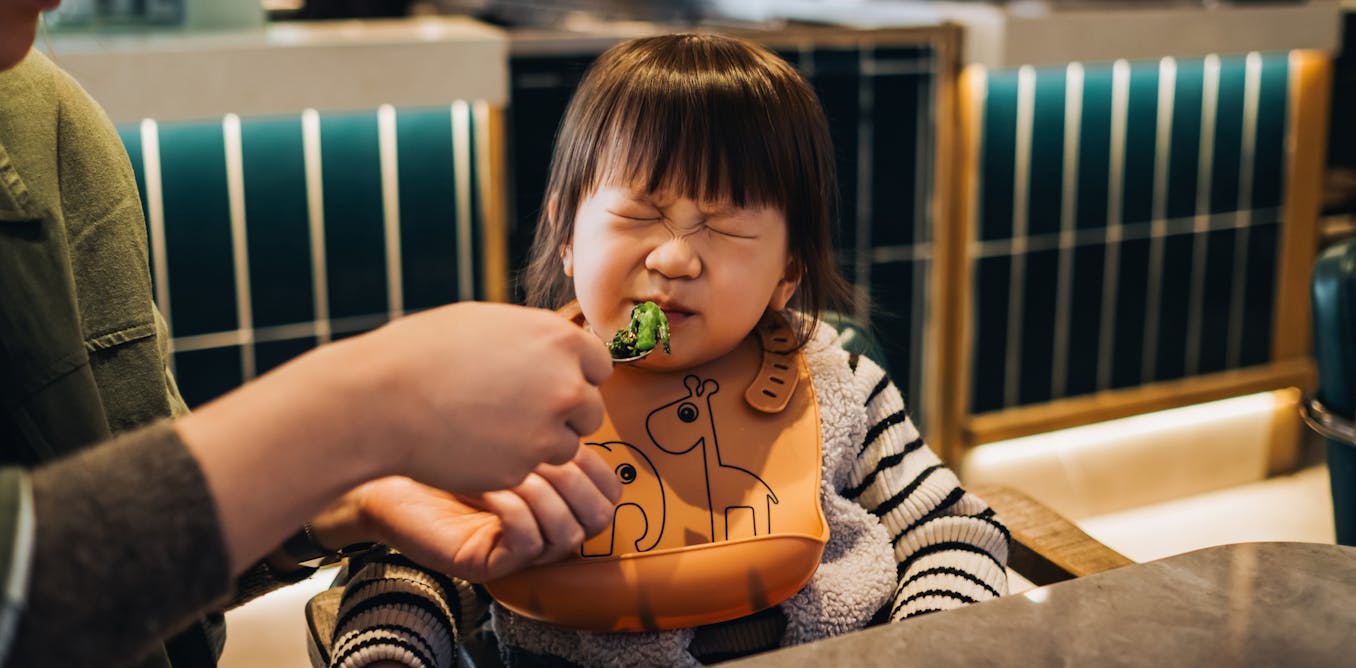


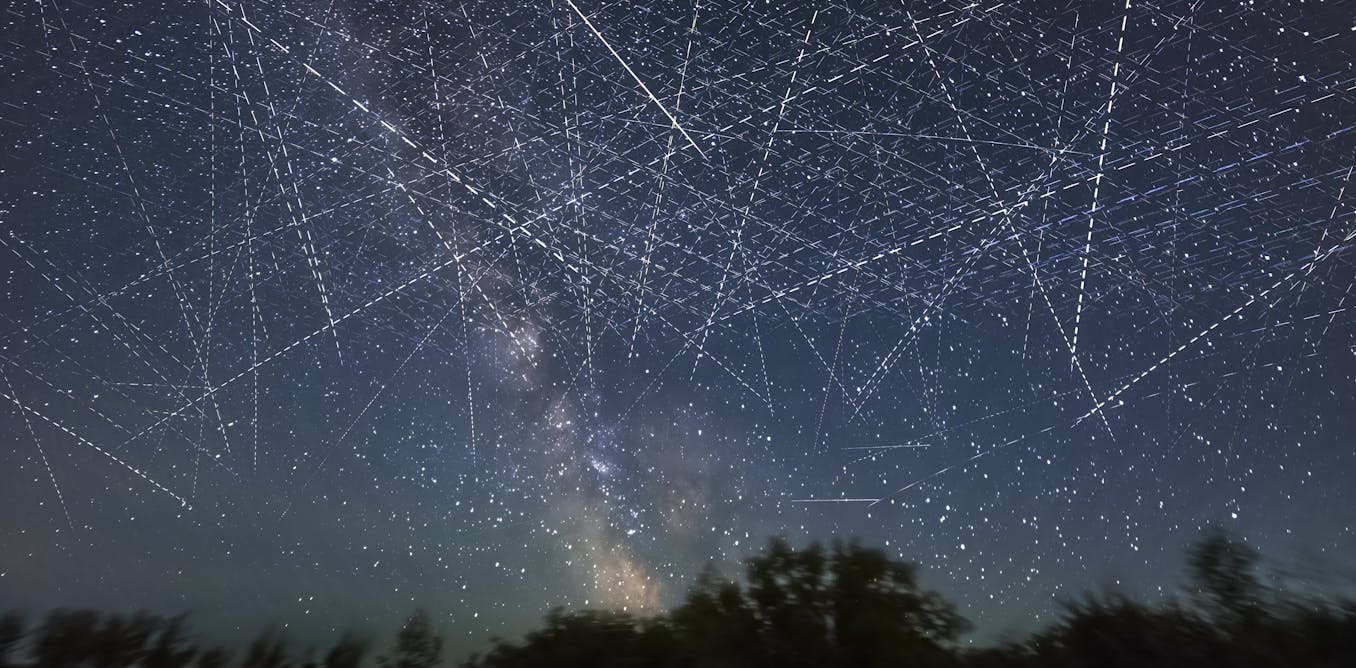
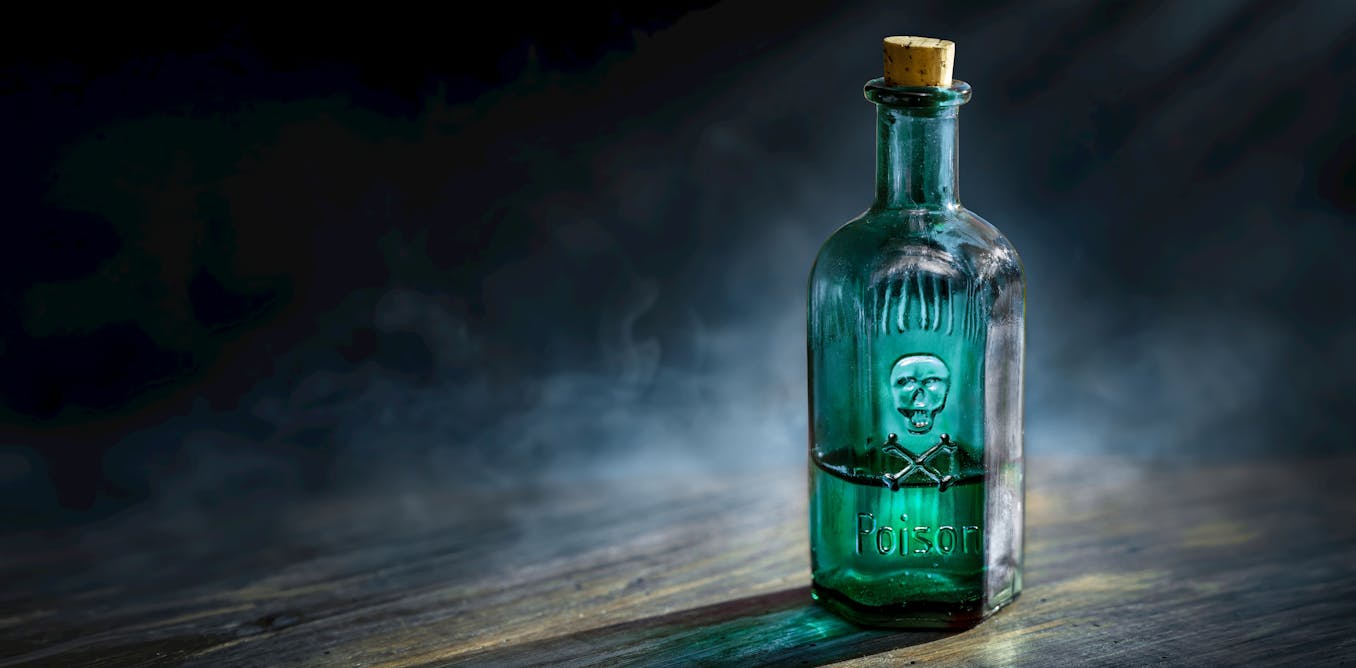










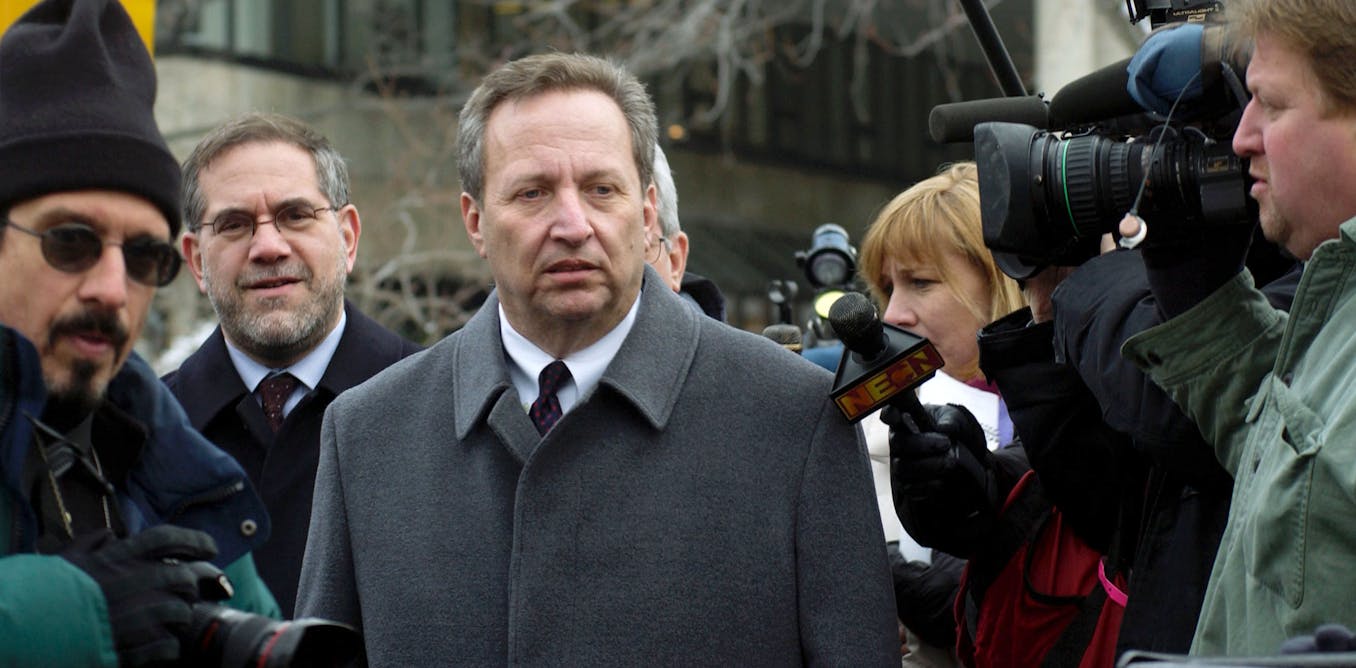










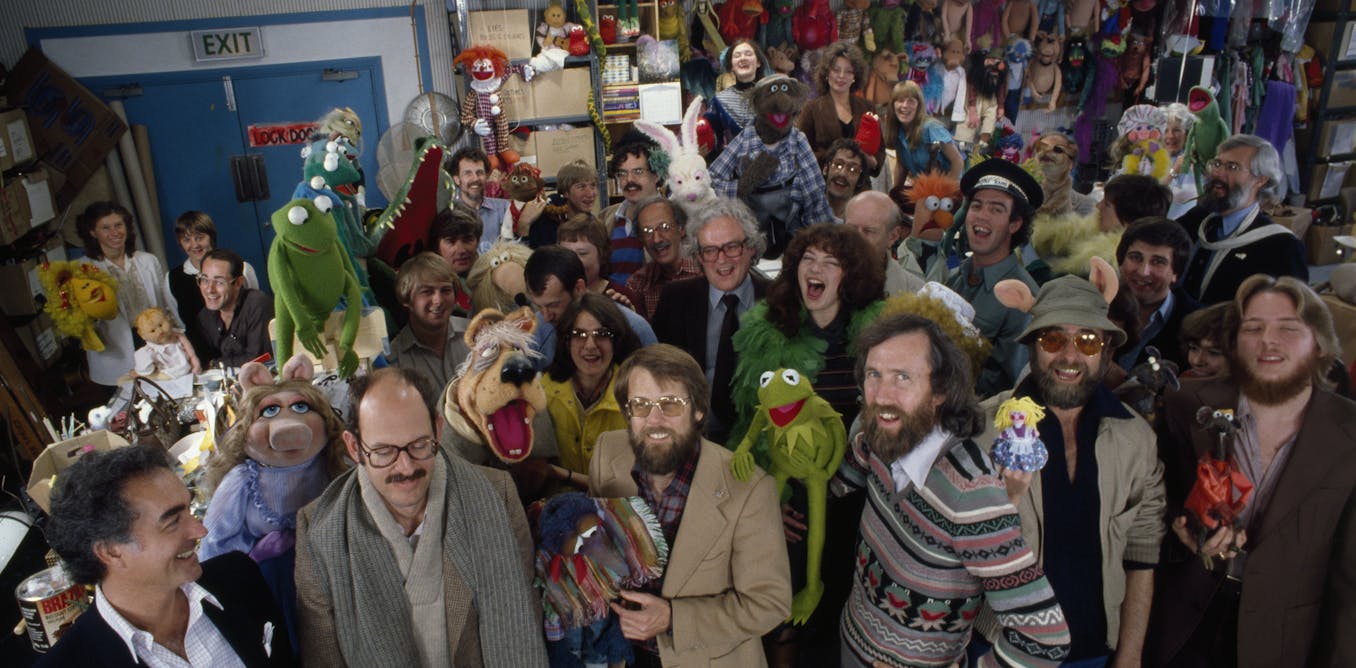
Leave a Reply